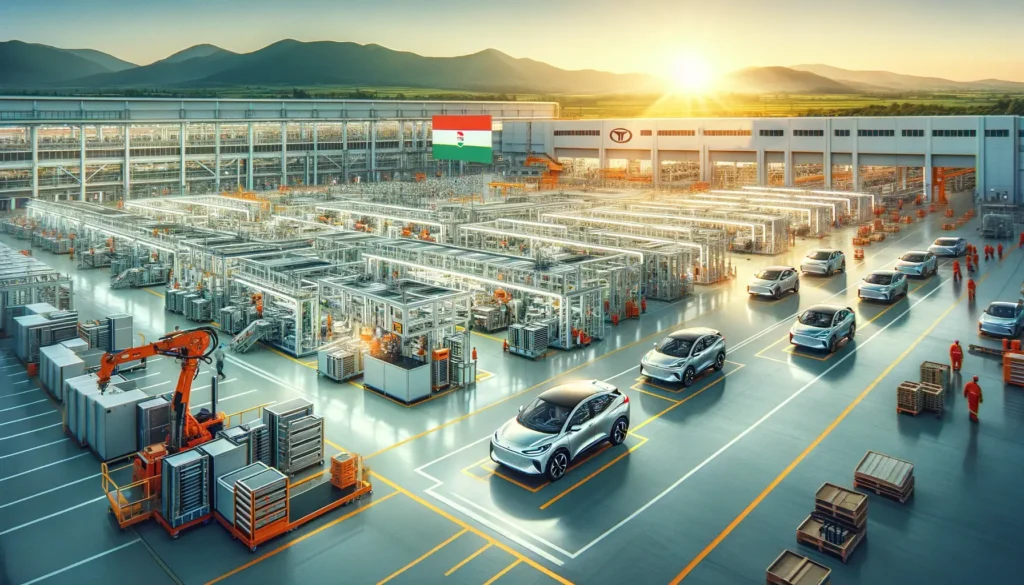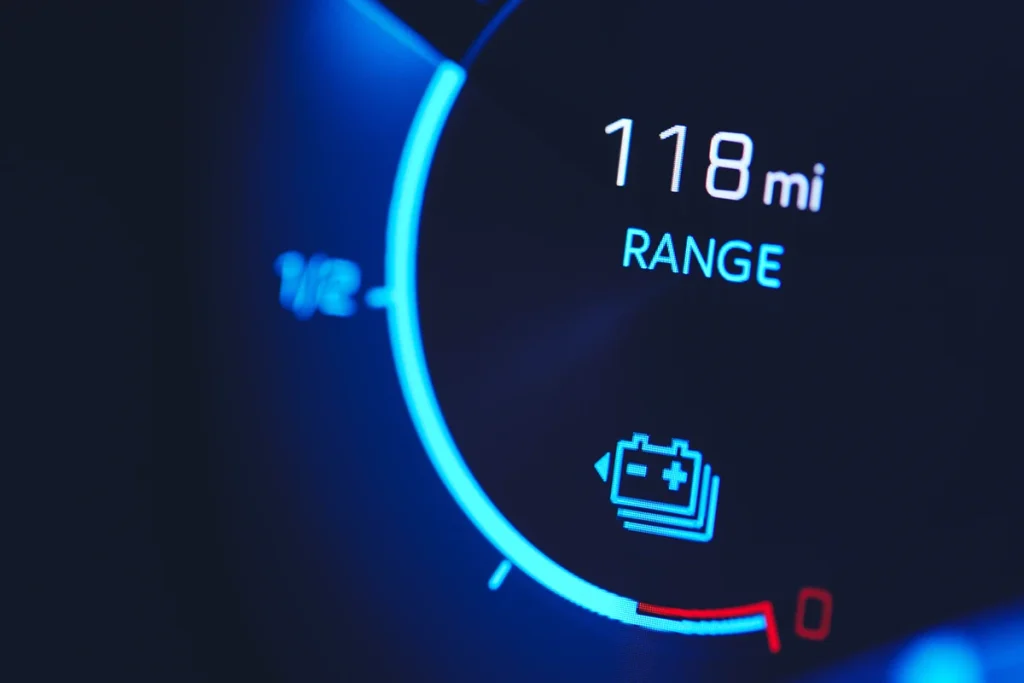BYD, the titan of China’s electric vehicle industry, has announced its bold stride into Europe with a plan to establish its inaugural assembly plant for battery-powered cars in Hungary, marking a significant expansion of its global footprint. This venture is not just BYD’s entry into Europe but also a clear signal of its ambition to reach beyond its dominant stance in Asia.
As the world’s leading electric vehicle manufacturer, BYD’s sales in China have been robust, with 1.86 million battery-powered cars, including plug-in hybrids, sold in 2022 alone. This figure surpasses Tesla’s sales, highlighting BYD’s significant market presence.
The chosen location for this new venture is Szeged, southern Hungary, where the plant is expected to generate thousands of jobs and foster technological collaboration between China and Hungary. However, specific details like the plant’s size, investment amount, and construction timeline remain undisclosed.
Industry analysts from Bernstein predict the plant will take two to three years to complete, with an annual production capacity of 200,000 cars. They emphasize the strategic benefits of local production, such as reduced logistics and tariff costs, and the advantage of garnering local government and community support.
The move comes at a time when U.S. and European automakers are heavily investing in electric vehicles, aware of the competition from Chinese firms like BYD, Nio, and others. With China being the largest auto market globally, its domestic companies have thrived with government support and significant technology investments. The presence of Chinese brands at international auto shows, such as the Munich auto show, signifies their growing prominence.
However, European officials have started investigating potential government subsidies to Chinese automakers, which might lead to new tariffs by the European Union. This probe reflects the concern over maintaining fair competition and guarding against any race to the bottom.
In response, European automakers are not sitting idle. Volkswagen, for example, has made substantial investments in China and is reportedly discussing a collaboration with Renault for a low-cost electric vehicle. This reflects a broader strategy of adapting and competing in the evolving global market.
Hungary’s Prime Minister, Viktor Orban, has shown openness to Chinese investments, as evidenced by his visit to BYD in Shenzhen. However, not all Chinese projects in Hungary have progressed smoothly. A massive electric car battery plant faced public backlash over environmental and social concerns, highlighting the complexities of such large-scale foreign investments.


